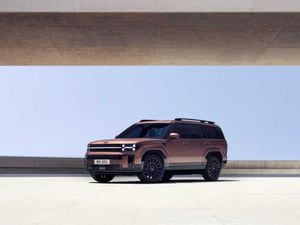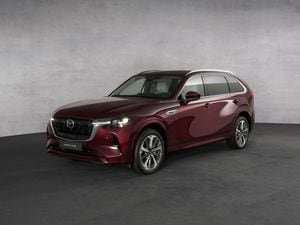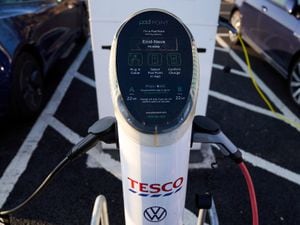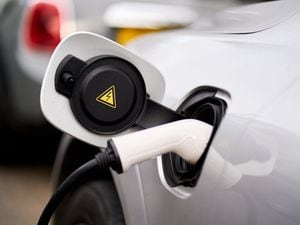Manual handbrakes fall out of favour as manufacturers favour electronic systems
New research shows that more cars than ever are employing space-saving devices

Fewer than four in 10 new cars are fitted with a manual parking brake, according to new research.
Only two manufacturers – Dacia and Suzuki – feature a ‘standard’ handbrake on every model in their ranges.
Research found that Audi, Jaguar, Land Rover, Lexus, Mercedes and Porsche no longer offer any models fitted with a traditional manual handbrake.
Requiring less effort while offering a more secure hold over a car, an electronic handbrake also doesn’t need adjusting when a vehicle is serviced.
The removal of a traditional manual handbrake mechanism has also allowed manufacturers to free up more room inside the vehicles they manufacture.
An added feature of a typical electronic system is the inclusion of a ‘hill hold assist’ function, activating the handbrake when stationary on a gradient. This makes for more straightforward and easier-to-execute hill starts.
Whereas a traditional handbrake uses a cable to draw in the brake shoes at the rear wheels, electronic ones use a switch to activate a pair of motors which then engage the rear brakes.
The findings, conducted by car-buying website CarGurus, analysed 32 mass-market car manufacturers, and their vehicles currently on sale.
Just 37 per cent of new cars have manual handbrakes, researchers found.





